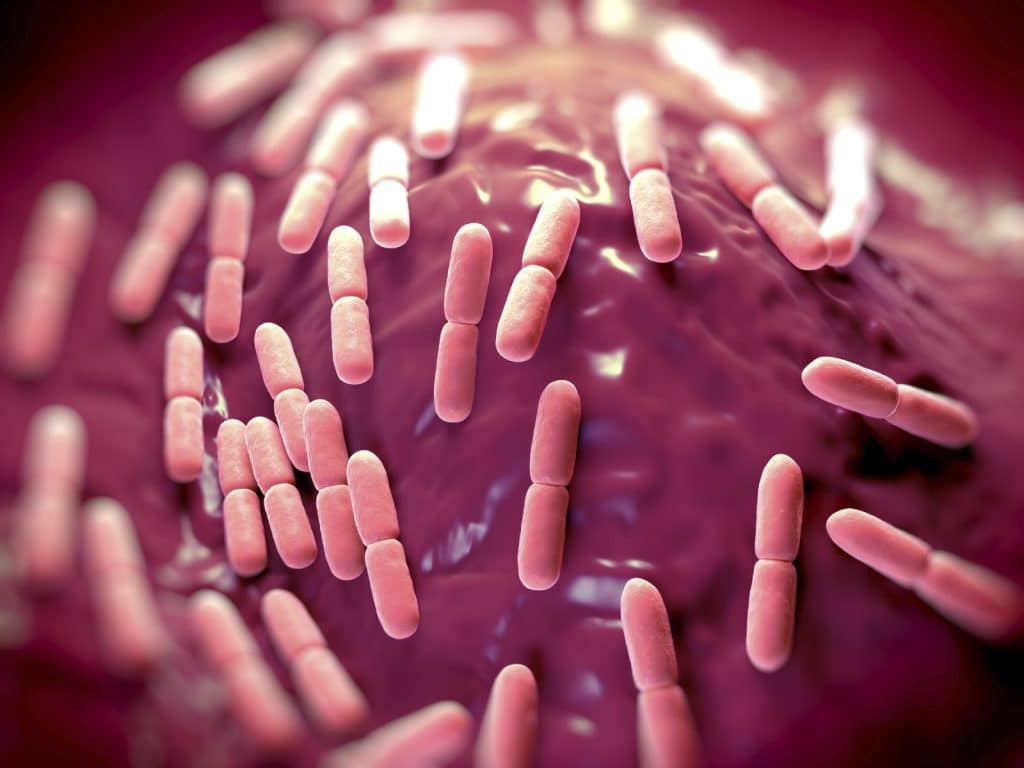Gut Microbiome Your body is host to an enormous number of microorganisms. We maintain a symbiotic relationship with the many...

Gut Microbiome Your body is host to an enormous number of microorganisms. We maintain a symbiotic relationship with the many...